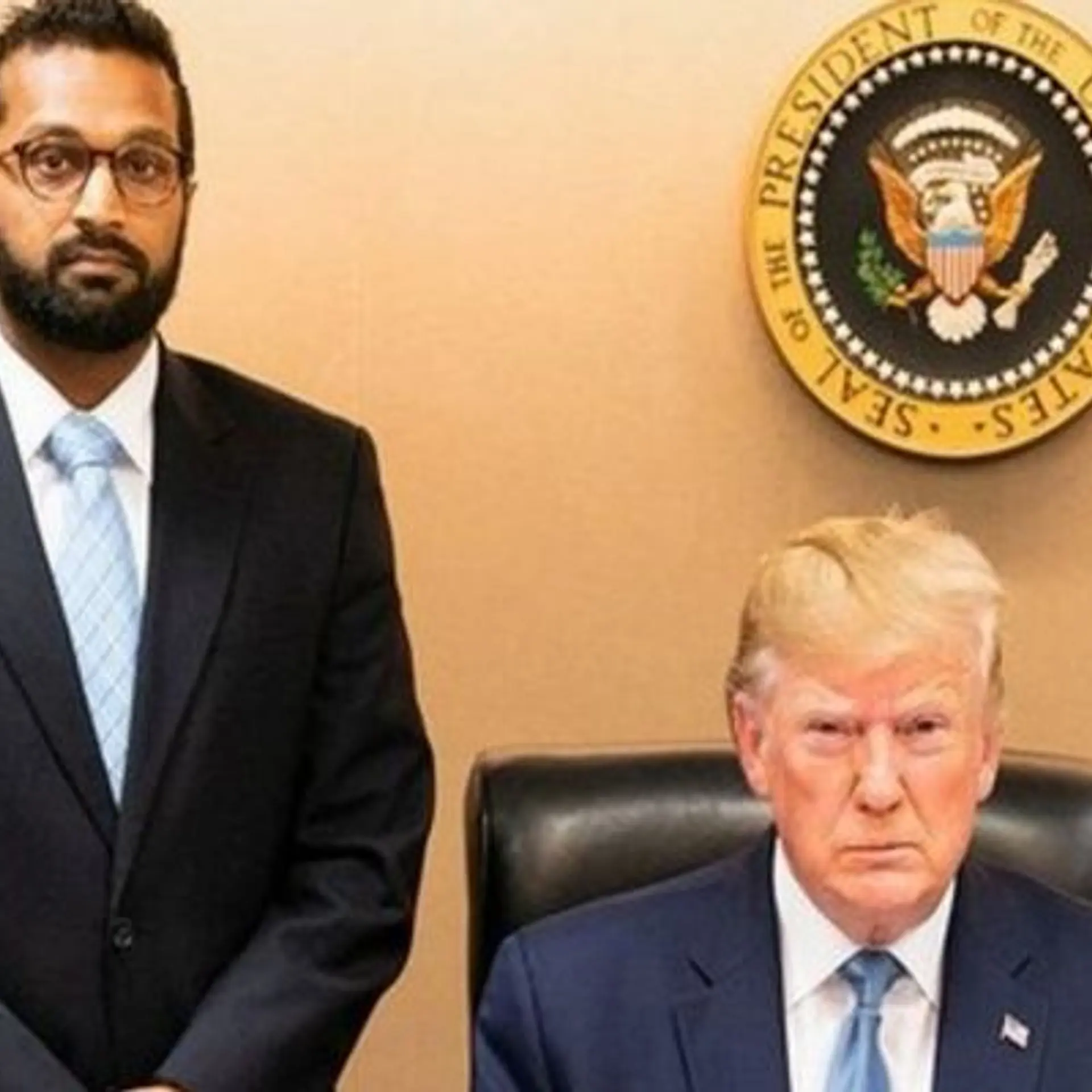Doctors bet on telehealth, but warn patients to use these platforms only for second opinions
Dr Smriti Sawhney, a clinical psychologist with over 12 years’ experience, was on a dependent visa in the US. She felt frustrated about not being able to work, but soon she found solace in counseling patients over the internet.
“Initially I was agitated that I could not practice, but used to Skype with my old patients, before I realized that it was not the most secure way to counsel them. Eventually I found some interesting online patient engagement platforms and started consulting through them,” she said.

Telehealth is the delivery of health-related services and information via telecommunications technologies like the telephone and internet.
In the past, telehealth was about patients keeping in touch with their doctors over the telephone or by written letters, but now times have changed. Now this term also includes services on query-based platforms, video consultations, and even Whatsapp consultations.
According to a WHO report published last year, which prescribed a 1:1000 ratio between physicians and population, there is an acute shortage of physicians, nurses, and care facilities in India. Also, the spread of the available workforce is reported to be disproportionate across the country’s various regions, with over 70 percent of the population in rural areas, and over 60 percent of the healthcare workforce concentrated in urban areas.
“Telehealth is the way forward. Imagine, in a country like India, where some remote places have very few or no medical service providers. These kinds of services and platforms bridge the gap there,” she added.
Some startups have identified that the way to deal with such a dearth of medical workers is online engagement platforms, where anybody can come for a medical consultation. Some of the better-known Indian platforms in this space are iCliniq, HealthcareMagic, AskADoctor, HealthEMinds, ePsyclinic, MediAngels and HelpingDoc.
Smriti has done a lot of research on telehealth and advanced medical practices online, and even writes books on the subject. She currently is the Chief Psychologist for ePsyclinic, a Delhi-based online mental health platform. She trains other counselors in performing mental status examinations (read patient cues for diagnosis) without meeting patients in person. (Read the full story here.)
According to Dhruv Kumar Suyamprakasam, founder and CEO, iCliniq, a Coimbatore-based virtual clinic startup, launched in 2010, such platforms help both doctors and patients.
“Doctors are an extremely underpaid lot in India. Any opportunity for them to do what they do best, while earning some extra money, is a good idea,” he said, adding that iCliniq has helped over 800 doctors respond to over 100,000 patient queries.
While some doctors choose such online gigs for the money, some choose them to give their families attention, and for the flexibility it gives them. Most platforms promise to answer queries within 24 hours, unless urgent.
Somewhere down south, in Coimbatore, Dr Shuba, a dentist with vast experience in the rural was surprised when she learned about virtual clinics. She was so passionate about meeting her patients that she never thought she would be happy shifting to online consultations.
“Once I got married, I realized that virtual practice was easier, and I can always prioritize my family. Also the fact that I could be anywhere and still work gave me peace,” said Shuba, who currently consults on iCliniq.
And then there is another bunch, the ones who do it because they want to contribute to society.
Priyanka Mehta is one of them.
The Chennai-based gynecologist, with over a decade’s experience, felt the need to contribute high-quality credible information online. So she joined ePsyclinic, and helps them with developing content for women-related issues, like life after a miscarriage, post partum depression, etc.
“Patients feel bad to ask stupid questions to their doctors. Abroad, a lot of written information is given to patients, but here [in India], there is not much available for them. Also, they don’t know whom to trust for such information,” she added.
Priyanka also added that another huge issue that online patient engagement portals can help solve is accessibility to doctors.
Dr Sameer, a Noida-based obstetrician and gynecologist, consults on four different online platforms – three Indian, and one international. He says that these platforms are exciting because they add variety in doctors’ lives.
“It [the platform] takes you beyond the limits of your area, where you see almost the same patients all the time, and allows you to meet new patients who need your advice,” said Sameer, who added that most of his patients are adolescents with queries about things that are usually considered awkward.
Though more and more doctors are becoming aware of the general benefits of interacting with patients online, their enrollments on such platforms and virtual clinics are relatively low because of certain fears.
Dr Anshul Varshney, who does consultations online, has had bad experiences in the past.
During one of his OPDs, the patient, who was sweating profusely, said he had taken some tablets suggested by an online doctor platform. When Anshul checked his blood pressure, he realized it was way over normalcy.
“I forced him to get an ECG done, just to realize he was having a heart attack. The medicines prescribed by the doctor who only heard the symptoms verbally, led to the high BP, and eventually the heart attack,” he added.
Every doctor enrolled on these platforms knows that real examinations and in-person diagnosis can never be replaced. Though these platforms can offer medicine suggestion to patients, they always promote themselves as a medium for second opinions and query answering.
“Another time, a young boy told me that his sister swallowed 100 paracetamol tablets and asked me what he should do. I replied ‘RUSH TO THE HOSPITAL’. As long as operative procedures have to be done offline, online clinics can never take over the world,” he concluded.







